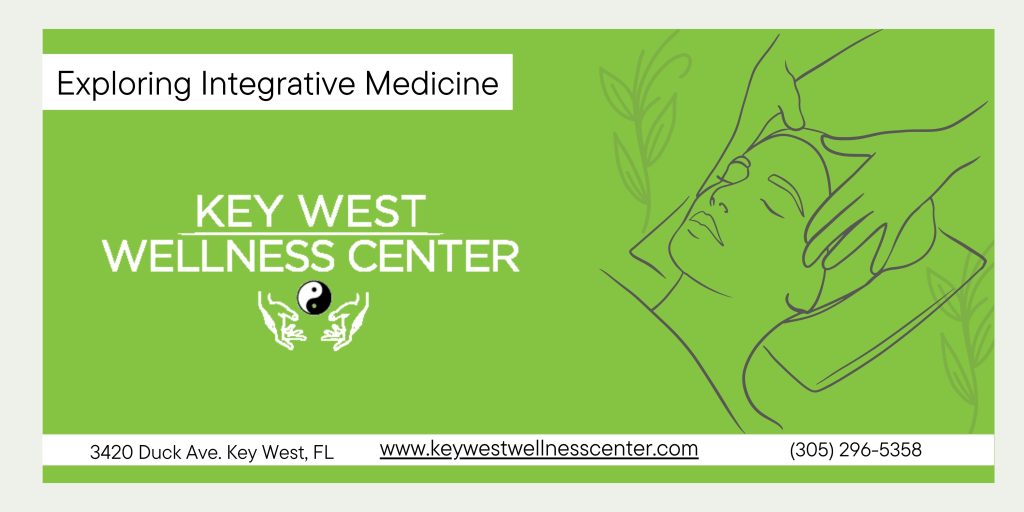In the realm of healthcare, more individuals are turning to Integrative Medicine as a means of achieving holistic well-being. It encompasses a diverse range of therapies and practices that complement Western medicine, including acupuncture, massage and herbal medicine. To be truly healthy requires physical well-being, along with emotional, mental and spiritual well-being.
Understanding Integrative Medicine
Integrative Medicine encompasses a broad spectrum of therapies and practices seeking to address the underlying causes of illness and promote overall wellness.
Some common types of Integrative Medicine include:
- Acupuncture: This ancient Chinese practice involves the insertion of thin needles into specific points on the body to stimulate energy flow and promote healing. Acupuncture is often used for pain relief, stress reduction, and various health conditions. Acupuncture treatments enhance the body’s natural healing ability.
- Massage Therapy: Therapeutic massages target muscles and soft tissues to reduce tension, improve circulation, decrease inflammation and promote relaxation leading to better sleep quality..
- Herbal Medicine: Harness the power of plants and herbs for various health benefits, from improving digestion to boosting immunity. Herbal remedies utilize plants and natural substances to support the body’s healing processes. Examples include ginseng for energy, chamomile for relaxation, and turmeric for inflammation.
Benefits of Integrative Medicine
- Holistic Approach: Integrative Medicine treats the whole person, addressing physical, emotional, mental and spiritual aspects of health. This comprehensive approach can lead to more profound and lasting healing.
- Natural Healing: Many therapies emphasize natural, non-invasive approaches to health and healing, minimizing reliance on pharmaceuticals and invasive procedures by stimulating the body’s innate healing abilities.
- Personalized Care: Practitioners often take a personalized approach, considering each individual’s unique health needs and preferences.
- Emphasis on Prevention: Integrative Medicine focuses on preventing illness and promoting wellness through lifestyle modifications, stress reduction techniques, and dietary changes.
- Fewer Side Effects: By focusing on the whole body using more natural, less invasive treatments, these therapies can also help reduce prescription medications.
- Enhanced Well-being: Patients often report improved quality of life, reduced symptoms and increased vitality after incorporating these therapies into their healthcare routines.
Incorporating Integrative Medicine into Your Wellness Journey
If you’re interested in exploring Integrative Medicine, here are some tips to get started:
- Research and Educate Yourself: Learn about different Integrative Medicine modalities and their potential benefits. Consult reputable sources and seek guidance from qualified healthcare professionals.
- Consult with a Practitioner: If you’re considering a specific therapy, consult with a licensed practitioner who specializes in that modality. They can provide personalized recommendations and ensure safe and effective treatment.
- Listen to Your Body: Pay attention to how your body responds to therapies. Be patient and consistent in your approach and give yourself time to experience the benefits.
Incorporating Integrative Medicine into your wellness routine can empower you to take an active role in your health and well-being. By embracing holistic approaches that nurture the body, mind, and spirit, you can cultivate a deeper sense of balance, vitality, and resilience on your journey toward optimal health.
“Take Control of Your Wellness” by giving us a call. We can help you begin your wellness journey and answer any of your questions.
Dr. Ashley Hoyt, AP.
Key West Wellness Center 3420 Duck Ave. Key West, FL 305.296.5358
#CAM #HolisticHealth #NaturalHealing #IntegrativeMedicine


